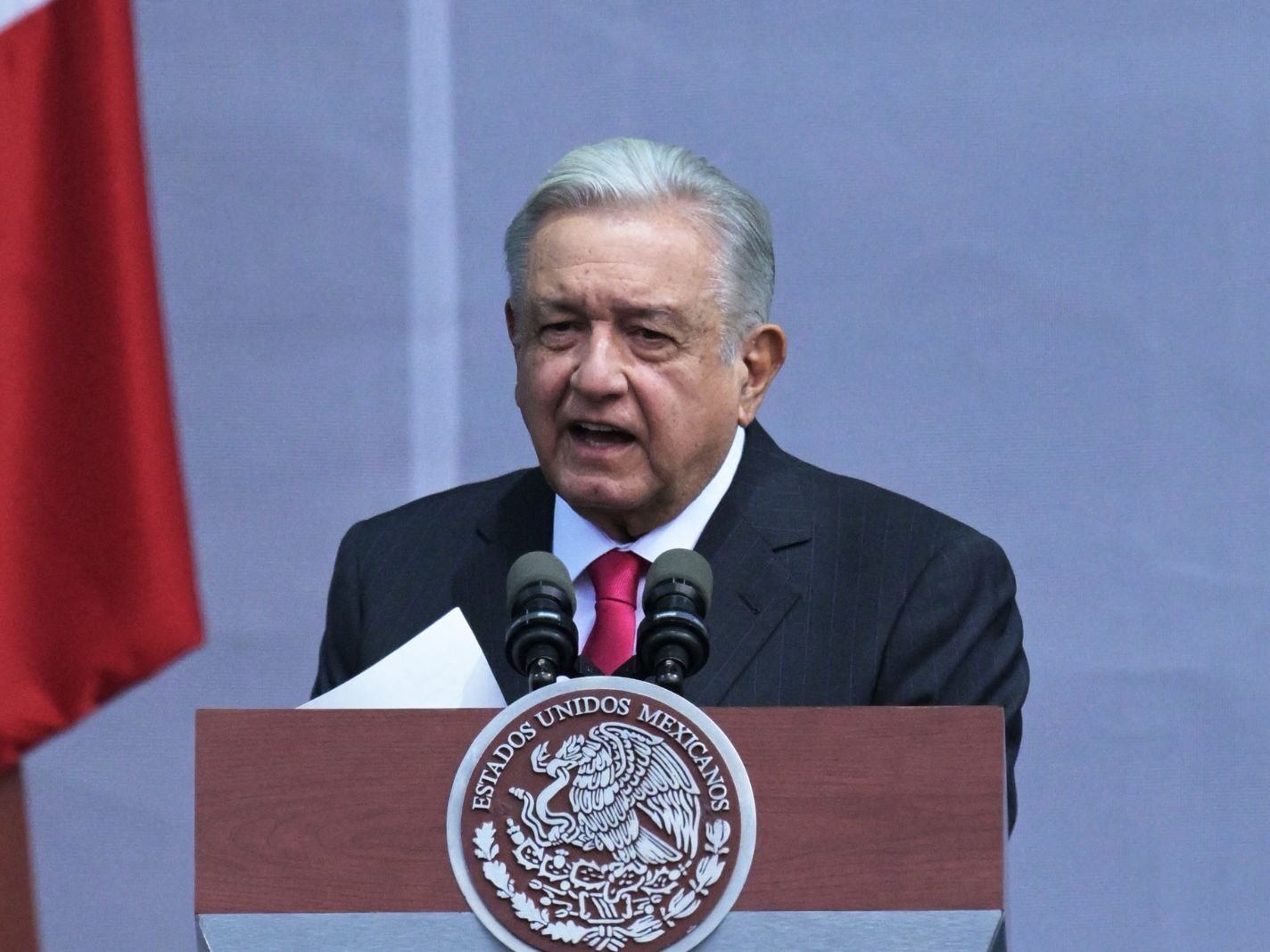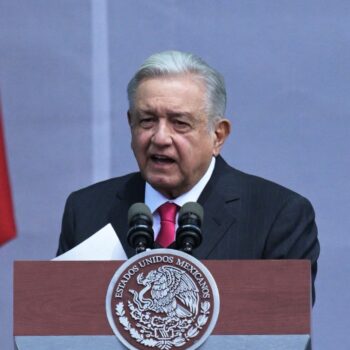Mexican President Andrés Manuel López Obrador criticized a Texas law that would give the state the power to arrest anyone suspected of illegally crossing the border from Mexico into the state of Texas.
The law is not currently in effect – and it was only technically so for a few hours on Wednesday (March 20) after the Supreme Court cleared the way for Texas to enforce it. However, only a few hours later a three-judge panel of the 5th U.S. Circuit Court of Appeals issued an order that put on hold. As it stands now, immigration isn’t a state matter, but a federal one, meaning Texas doesn’t have the power to deport anyone unilaterally.
López Obrador was very clear that Mexico wouldn’t accept deportations from Texas, though he didn’t give any details on how that would look. “Of course, we are against this draconian law completely opposite and contrary to human rights,” he said. He also called the law “anti-Christian, unjust, violating precepts, norms, human coexistence, not only international law but even violating the Bible.”
The Mexican President said that, for now, Mexico will wait until the matter of Senate Bill 4 (SB4) is settled in the United States before his government could give an official response on how they would proceed. But he was clear that Mexico could not sit idly by if the law did end up coming into effect.
“We are not going to stand by and do nothing, that is the answer.”
López Obrador said all of this during his daily address from the National Palace in Mexico City. He will surely be asked about the law again, once the 5th U.S. Circuit Court of Appeals finally decides whether Texas has the power to deport migrants or whether immigration matters remain federal matters, as they have always been.




